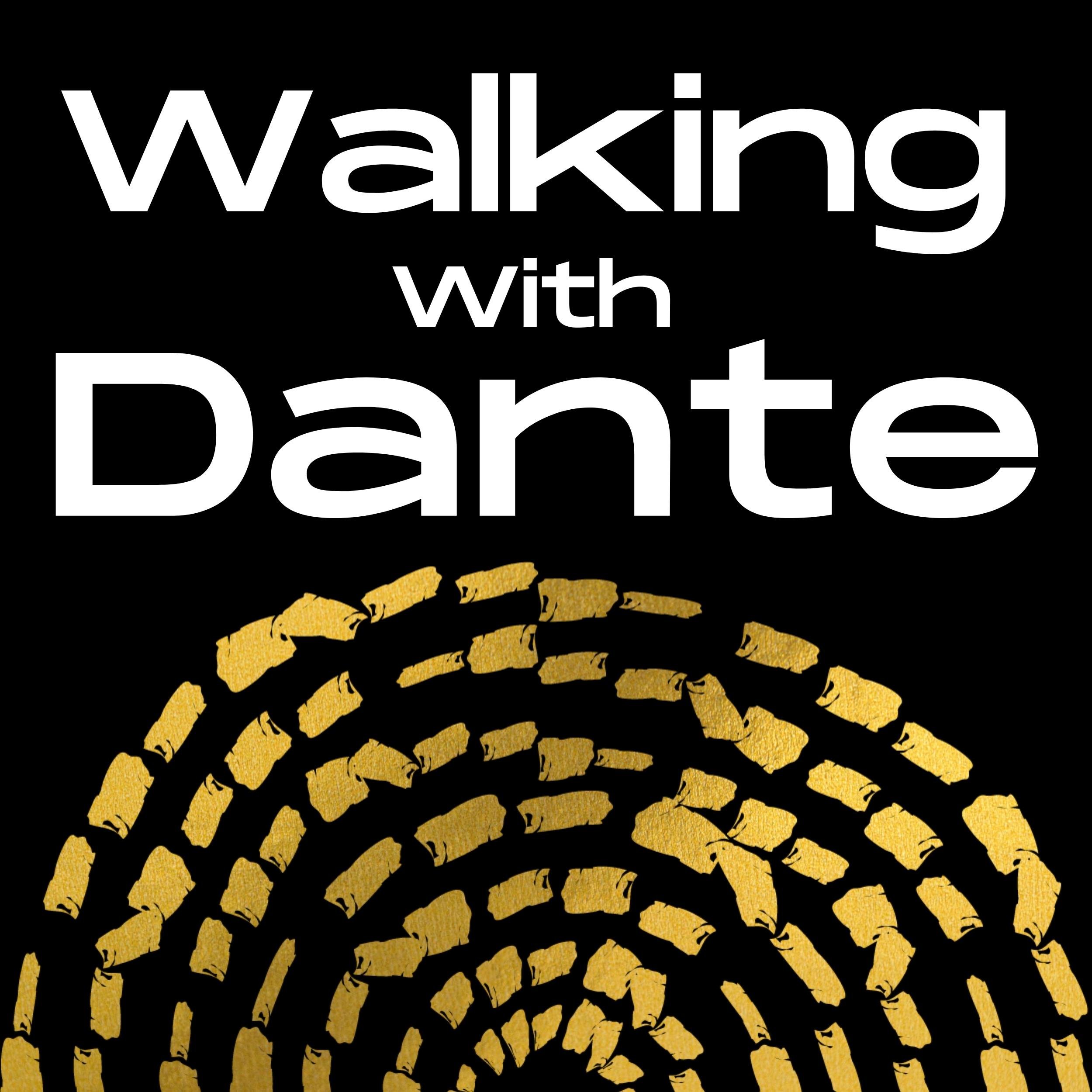The opening proem (a prefatory poem) to Inferno, Canto XIX. We change gears dramatically from Canto XVIII. We can see the tonal shift while still understanding that the question of pimps, prostitutes, seducers, flatterers, and metamorphosis in Canto XVIII are still with us here, at the beginning of the canto about the damned popes.
Read MoreTwo flatterers, covered with human excrement in the second evil pouch of the eighth circle of hell, the circle of fraud. This passage would be quite straightforward except for two weird things: both of the damned are garbled, one by history and one by literary textuality. Is this garbling intentional in the circle of the flatterers? Or is our “divine” poet as fallible as the rest of us?
Read MoreEntering the second of the evil pouches of fraud in the eighth circle of hell! Dante and Virgil are crossing along the spiny ridge to see a moldy pit filled with the muck from human privies. This passage is without a doubt the most disgusting in COMEDY—at least, so far. And how could it be otherwise? The sins are getting more human. So the language is getting coarser.
Read MoreVirgil takes over—and becomes enamored with Jason, one of the seducers in the first evil pouch of the eighth circle of hell. Is Virgil overcome? Is he a reliable guide? Or is Jason with Hypsipyle and Medea just a little too much like Virgil’s Aeneas and Dido?
Read MorePimps and fraud: what do they have in common? They both attempt to turn the good things into the world into something foul for the sake of money. Join me, Mark Scarbrough, as I explore the damned in the first of the evil pouches, the “Malebolge” of the eighth circle of Dante’s INFERNO.
Read MoreOur first old-school demons! But more than that, a strange passage that may have some garbled details (intentionally so or not?). And that has a historical analogy about Pope Boniface VIII’s Jubilee Year of 1300 that may be more snark than sanctified imagery.
Read MoreWelcome to the Eighth Circle of hell, the biggest single landscape in all of INFERNO: the circle of fraud. Our poet opens this circle in a whole new direction: an objective point of view that fuses an inverted (or perverted) castle with a spiderweb to illustrate what fraud does to human society. But maybe more is going on here? Is the poem becoming more self-conscious? Or just more fraudulent?
Read More





